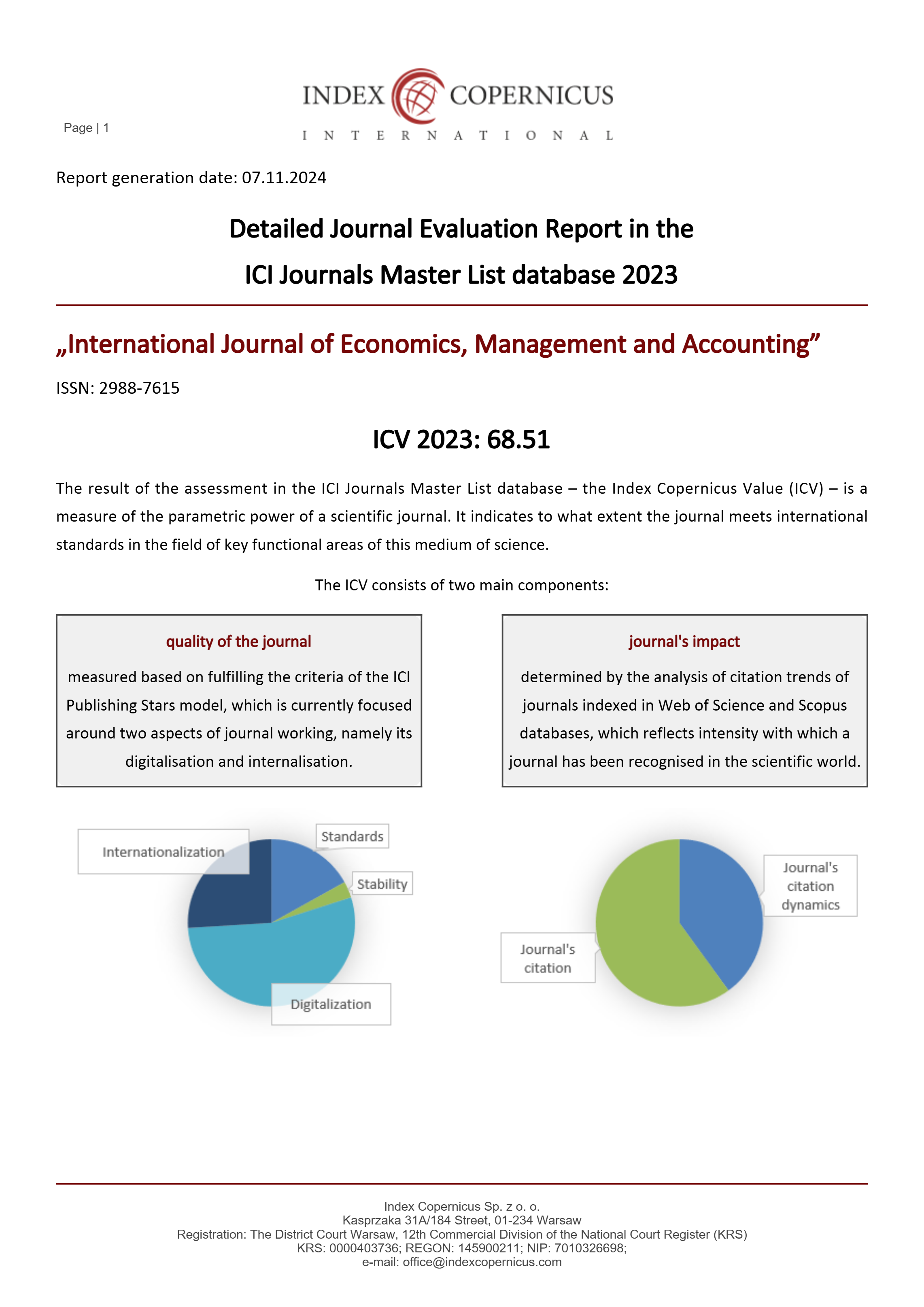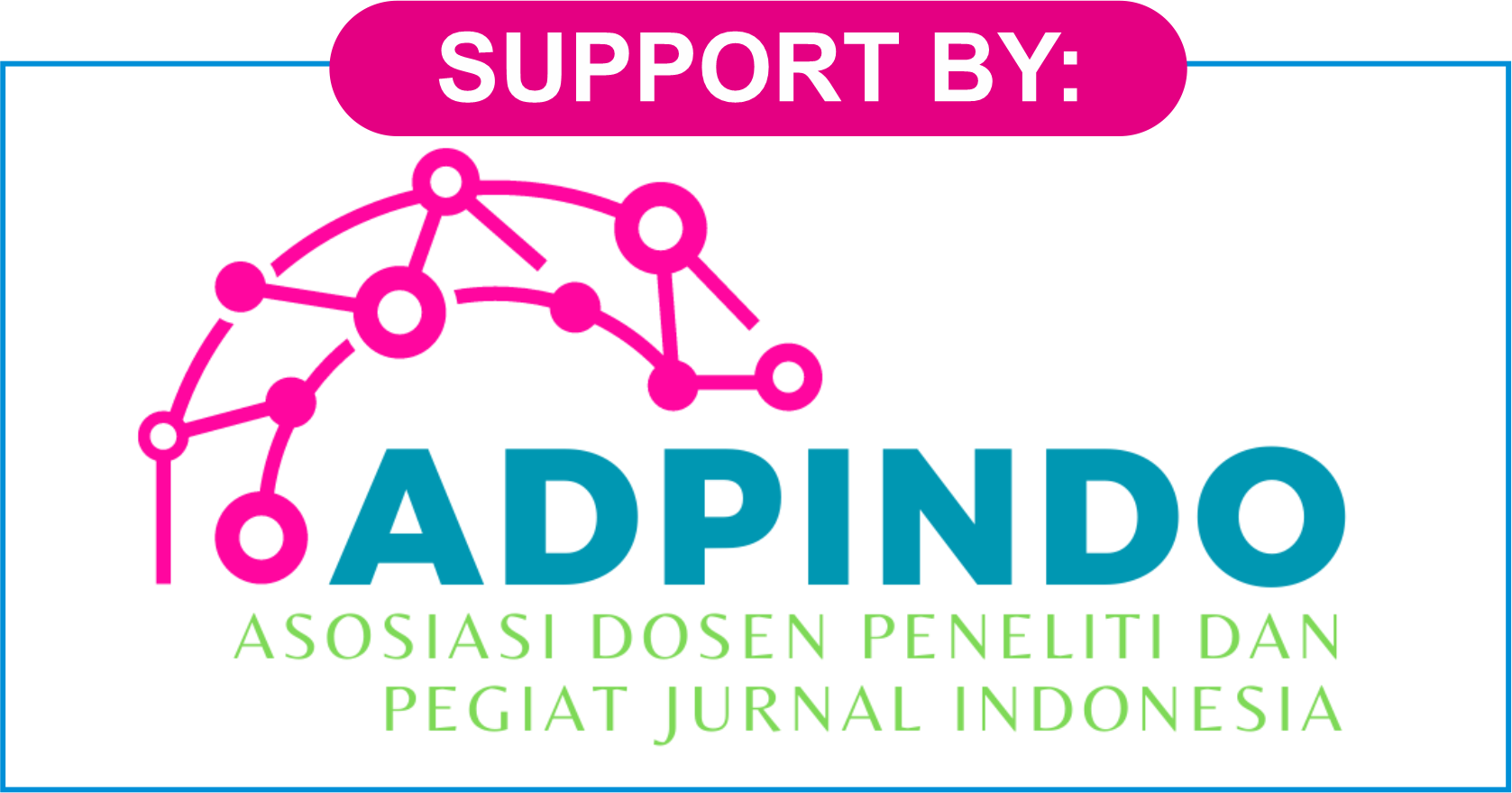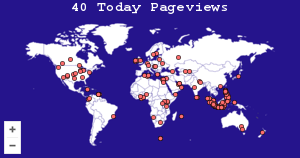Advertising and E-Service Quality Effect on Consumer Behavior in E-Commerce Transaction in Islamic Business Ethics Perspectives
DOI:
https://doi.org/10.47353/ijema.v1i7.84Keywords:
Advertising, E-Service quality, Consumer behavior, e-commerce transactionsAbstract
Online transactions are increasingly in demand as the lifestyle of people changes. However, these transactions are not always safe and are even prone to fraud. This study aims to know more about the influence of
advertising and e-service quality on consumer behavior, especially people in Lampung province, Indonesia on e-commerce transactions when viewed from the perspective of Islamic business ethics. Data got by distributing questionnaires to respondents and analyzed by SPSS ver 26. The results show a positive and significant influence between advertising and e-service quality on consumer behavior in e-commerce transactions in Lampung community.This means if advertising variable and e-service quality have increased, then consumer behavior variable to purchases in e-commerce transactions have increased, and vice versa. From the perception of Islamic business ethics the influence of advertising and e-service quality on consumer behavior in e-commerce transactions is not yet fully appropriate as there is still market engineering in e-commerce transactions, consumers are also often less alert and reluctant to seek information about the seller's reputation, product specifications, etc. As long as the advertisement on the site is attractive, consumers will buy if they are financially sufficient, so the concept of Taraddin Minkum is often not achieved.
Downloads
References
Alimin, M. d. (2004). Etika Perlindungan Konsumen Dalam Ekonomi Islam. Yogyakarta: BPFE.
Asnawi, H. F. (2004). Transaksi Bisnis E-Commerce Perspektif Islam. Yogyakarta: Megistra Insani Press bekerjasama dengan MSI UII.
Chandra, F. T. (2005). Service, Quality, and Satisfaction. Yogyakarta: Andi.
Darmadi Durianto, S. d. (2003). Strategi Menaklukan Pasar melalui Riset Ekuitas dan Perilaku Merk. Jakarta: PT.Gramedia.
Durianto, D. S. (2003). Strategi Menaklukkan Pasar Melalui Riset Ekuitas dan Perilaku Merek. Jakarta: Gramedia.
E, E. K. (2012). Integrated Advertising, Promotion, and Marketing Communications. New Jersey: Pearson.
Johnson, M. L. (2007). Prinsip-Prinsip Periklanan dalam Perspektif Global. Jakarta: Kencana.
Mustag, A. (2001). The Furture Of Economics; An Islamic Perspectif. Jakarta: Asy Syaamill Press & Grafika.
Parasuraman A., B. L. (1985). A. Conceptual Model Of Service Quality and Its Implication For Future Research. Journal of Marketing, 41-50.
Pratomo, Y. (2019, 05 16). Retrieved from https:/tekno.kompas.com/read/2019/05/16/03260037/apjii-jumlah-pengguna=internet-di-indonesia-tembus-171-juta-jiwa
Pratomo, Y. (n.d.). APJII: Jumlah Pengguna Internet di Indonesia Tembus 171 Juta Jiwa. Retrieved 05 16, 2019, from https://tekno.kompas.com.
Purwanto, D. (2006). Komunikasi Bisnis. Jakarta: Erlangga.
Setiadi, N. J. (2003). Perilaku Konsumen. Jakarta: Kencana Prenada Media Group.
Tjiptono, F. d. (2005). Service, Quality and Satisfication. Yogyakarta: Andi.
Wahyudi, O. W. (2001). Mengenal E-commerce. Jakarta: Elex Media Komputindo.
Downloads
Published
How to Cite
Issue
Section
License
Copyright (c) 2023 Mardhiyah Hayati, Yeni Susanti

This work is licensed under a Creative Commons Attribution 4.0 International License.











